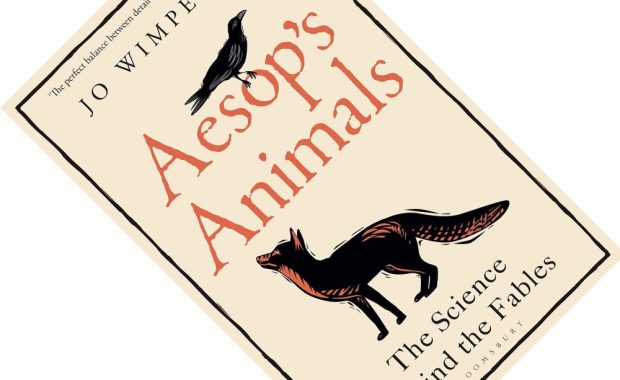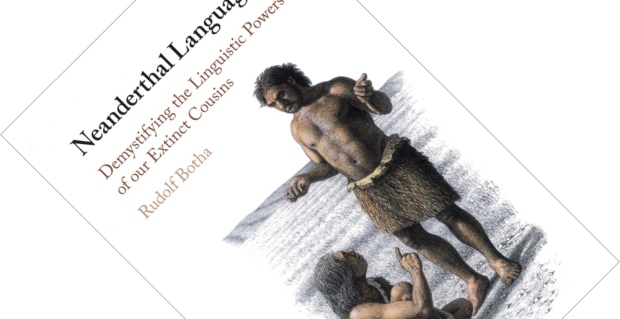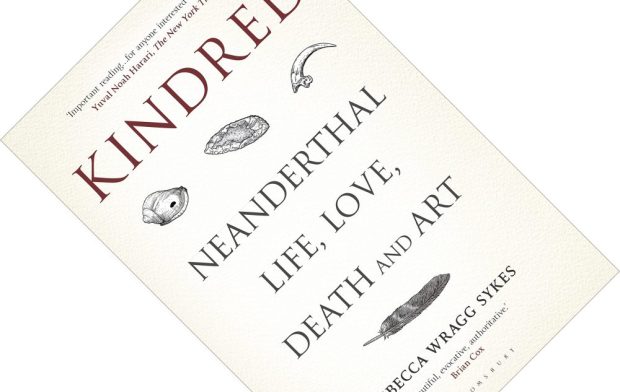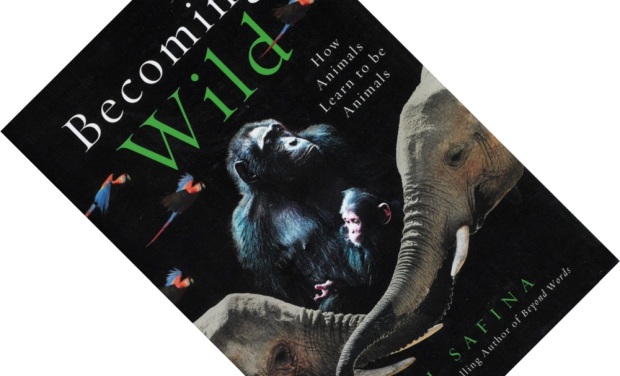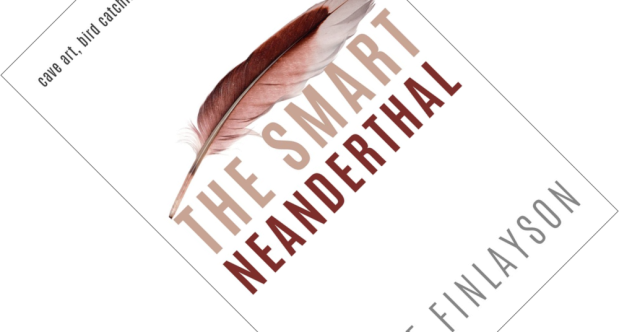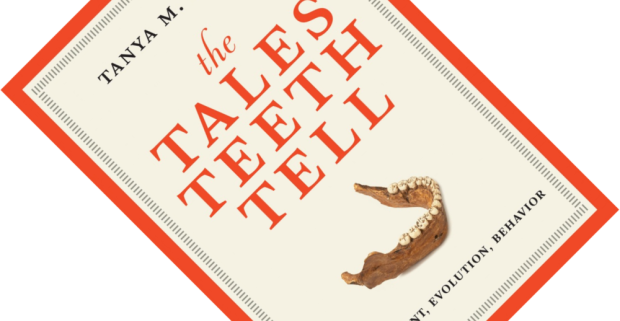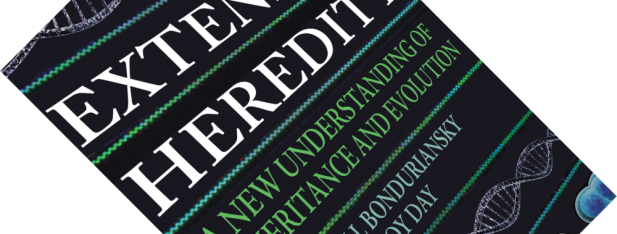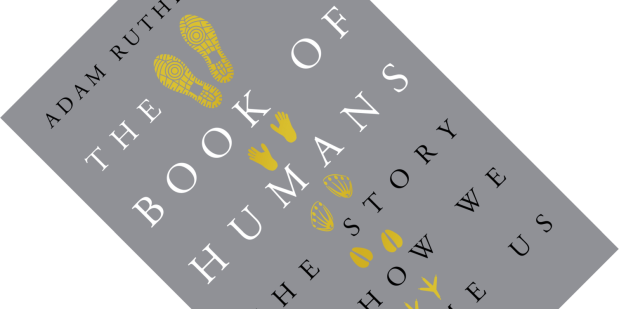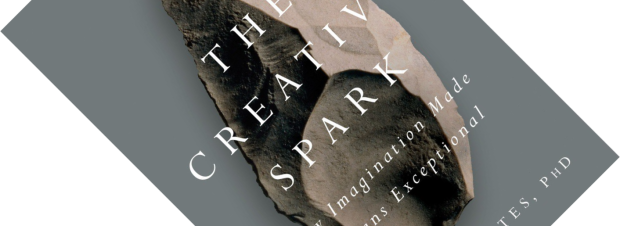8-minute read
keywords: ethology
This is the second of a two-part review delving deeper into the world-famous collection of animal tales known as Aesop’s Fables. Having just reviewed a collection of the fables, I here turn to Aesop’s Animals, which looks at the facts behind the fiction.
It is undisputed that stories shape our perception, especially when told to us repeatedly from a young age. We have collectively bestowed human character traits on animals through Aesop’s Fables and other fairytales. Foxes are sly, donkeys are stubborn, and wolves can never be trusted, right? In Aesop’s Animals, zoologist and science writer Jo Wimpenny takes you on a tour through the study of animal behaviour, both in the field and in the laboratory, to show you what these animals are actually like. Reality, it turns out, is not only stranger than fiction, but also far richer and more fascinating.

